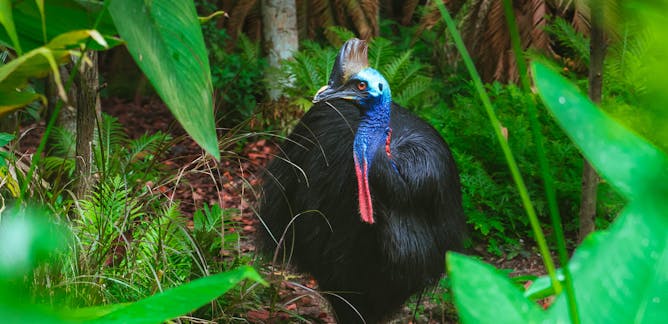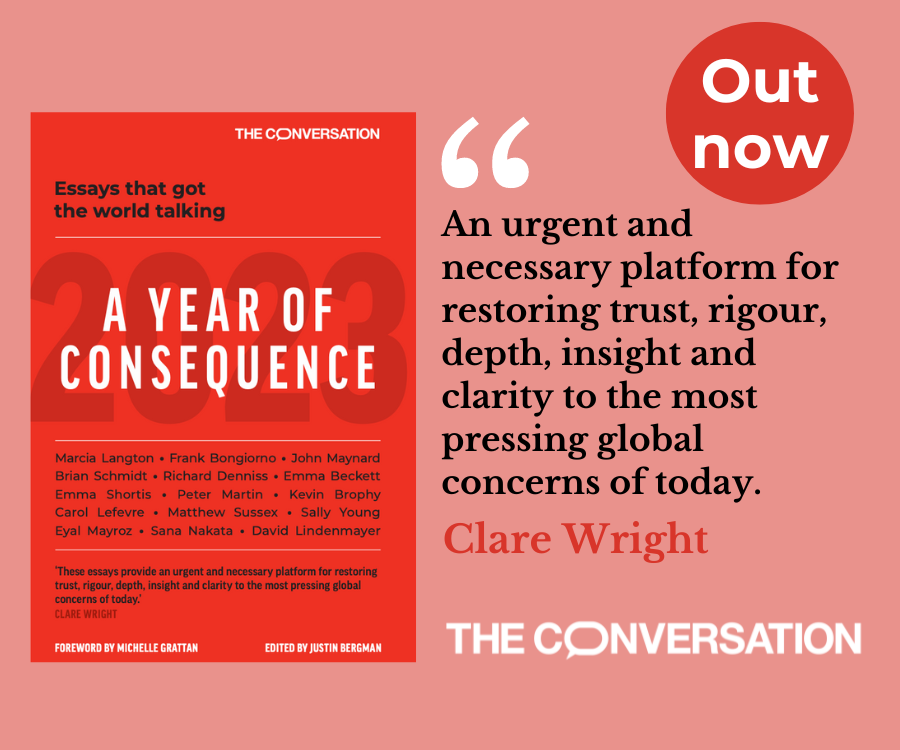|
|
|
|
Nau mai, haere mai.
Closed streets, urban dead zones, random traffic jams, long delays, scary bike lanes, confusing bus lanes, and rivers of orange cones everywhere you look. Auckland readers will recognise the picture of a city often rendered dysfunctional by congestion and major infrastructure projects.
In myriad ways, New Zealand’s largest city is paying the price for decades of poor planning and under-resourcing. A post-war obsession with the private car and motorway construction has left it struggling to meet modern expectations of decent public transport, let alone climate sustainability.
While previous governments and Auckland councils recognised these deficits and conceived various schemes to drag the city into the 21st century, the new National-led coalition has wasted little time in reversing a lot of those initiatives – including a regional fuel tax designed to pay for some of the most pressing transport needs.
But as Timothy Welch argues today, “Missing in all this is a clear vision of what will replace all the lost policies.” Aside from pledges to increase traffic capacity and not spend money on alternative transport modes, that is.
“Decades of see-sawing government priorities,” Welch writes, “mean New Zealand’s biggest and most economically important city has no clear plan to transition out of its fossil fuel dependence.” Unless the problem can be elevated out of the electoral cycle, he concludes, “it is hard to be optimistic about sustainable progress”.
|

|
Finlay Macdonald
New Zealand Editor
|
|

Timothy Welch, University of Auckland, Waipapa Taumata Rau
By moving to scrap the Auckland regional fuel tax, the government continues a decades-long pattern of transport policy U-turns that leave the city – and country – without a sustainable way forward.
|

Nicholas Khoo, University of Otago
Global political unrest has highlighted the importance of a credible foreign policy. It may be time for the New Zealand government to consider the revitalisation of ANZAC and participation with AUKUS.
|

Vernon Rive, University of Auckland, Waipapa Taumata Rau
By allowing a case against local greenhouse gas emitters to go ahead, the Supreme Court of New Zealand has opened the door to a new front in climate law – one that takes tikanga Māori into account.
|

Matevz (Matt) Raskovic, Auckland University of Technology
New Zealand has dropped six points on the main global index of perceived corruption. To turn that around, the government must guard against state capture by vested interests.
|

Vinuli Withanarachchie, Massey University; Bridget Dicker, Auckland University of Technology; Sarah Maessen, Auckland University of Technology
New Zealand is just the second country to approve a novel defibrillation procedure for some patients. With current survival rates very low, it is hoped the new method will save many more lives.
|

Katharina Naswall, University of Canterbury; Sanna Malinen, University of Canterbury
Most workers have experienced a bad team meeting. To run a good and effective one, managers need to make staff feel safe expressing ideas – even if they’re outside the box.
|
From our foreign editions
|

Ruchi Sinha, University of South Australia
The idea of a job for life is disappearing as the labour market transforms and new careers emerge as a result of automation and artificial intelligence.
| |

John Woinarski, Charles Darwin University; Sarah Legge, Australian National University; Stephen Garnett, Charles Darwin University
It’s hard work saving birds from extinction, but we have the evidence of successful interventions to show we can avoid further losses.
|

Sisanda Nkoala, University of the Western Cape; Christina Chan-Meetoo, University of Mauritius; Jacinta Mwende Maweu, University of Nairobi; Marissa J. Moorman, Indiana University; Modestus Fosu, Ghana Institute of Journalism; Stanley Tsarwe, University of Namibia
With a dramatic political history, radio is today the number one source of news in Africa.
| |

Sharon Fonn, University of the Witwatersrand
We all need to understand that ranking is not objective and true. University rankings are massively overvalued, and reinforce global, regional and national inequalities.
|

Jose Caballero, International Institute for Management Development (IMD)
A higher proportion of China’s population is elderly, and this will have knock-on effects on the rest of the world via their economy.
| |

Vaclav Brezina, Lancaster University
‘Year’ and ‘time’ are the two most frequent nouns in British English.
|

René van Westen, Utrecht University; Henk A. Dijkstra, Utrecht University; Michael Kliphuis, Utrecht University
Scientists now have a better understanding of the risks ahead and a new early warning signal to watch for.
| |

Georgi Gardiner, University of Tennessee
Words have power, and what vocabulary you have at your disposal to describe your relationships with other people can shape what directions those relationships can take.
|
|
|
| |
| |
| |

|
| |
| |
| |
| |
| |
| |
|
|
|
|
|
|
|